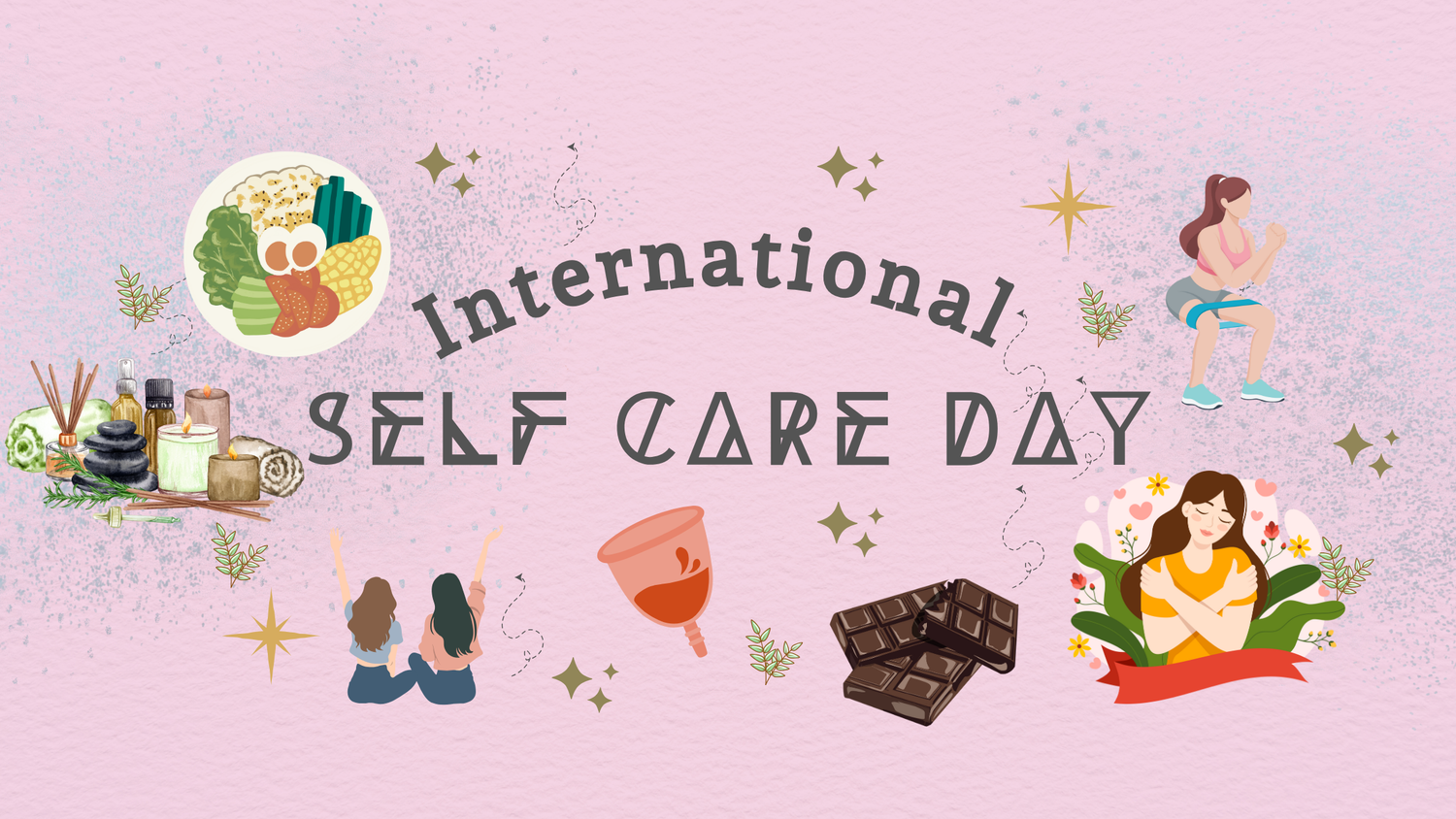Navigating Fatigue After Intense Periods
After periods of heightened activity and social engagements, it's common to experience a profound sense of fatigue. This feeling of being drained is not limited to any specific time of year but can occur following any prolonged period of stress and excitement. As we move beyond these intense times, it's essential to focus on strategies that promote recovery and help us regain our balance and energy.

Understanding Extended Fatigue
This type of fatigue often results from sustained periods of planning, socialising, and deviation from our usual routines. It involves more than just physical tiredness; emotional and mental exhaustion plays a significant role.
Prioritising Rest and Sleep
Rest is key for both physical and mental recovery.
- Aim for 7-9 hours of restful sleep each night.
- Establish a calming bedtime routine.
- Consider short naps for daytime rejuvenation.
Re-establishing Routines
Returning to a routine brings a sense of normalcy and reduces stress.
- Gradually reintroduce daily schedules.
- Avoid over-committing and allow time for adjustment.
Mindful Eating and Hydration
Proper nutrition and hydration are vital for energy and well-being.
- Eat balanced meals with fruits, vegetables, proteins, and grains.
- Reduce sugar and processed foods.
- Stay hydrated with water and herbal teas.
Physical Activity
Exercise boosts mood and energy through endorphin release.
- Engage in light to moderate activities like walking or yoga.
- Aim for 30 minutes of activity most days.
- Listen to your body's limits.
Mindfulness and Stress Management
Mindfulness practices support stress management and emotional balance.
- Practice meditation, deep breathing, or muscle relaxation.
- Dedicate time to relaxing activities like reading or gardening.
- Limit screen time, especially before sleep.
Social Downtime
Taking a break from socialising can replenish mental and emotional energy.
- Enjoy solitude or quiet time with close ones.
- Decline social invites if needed.
- Engage in solitary hobbies.
Setting Realistic Goals
Achievable goals provide direction and reduce overwhelm.
- Break tasks into smaller steps.
- Set clear, realistic deadlines.
- Celebrate progress to stay motivated.
Digital Detox
Reducing digital use can declutter the mind and improve focus.
- Limit social media and device usage.
- Designate specific times for digital activities.
- Choose digital-free hobbies.
Herbal Supplements and Teas
Some herbs promote relaxation and stress relief.
- Try teas like chamomile or lavender.
- Consider supplements like magnesium, after consulting a healthcare professional.
Self-Care and Pampering
Self-care activities significantly enhance well-being.
- Schedule time for relaxing activities like baths or massages.
- Practice self-compassion.
- Experiment with aromatherapy.
Journaling and Reflection
Writing helps process emotions and sets intentions.
- Keep a daily journal.
- Use journaling for goal setting and gratitude.
Seeking Support
Talking to someone can offer comfort and perspective.
- Reach out for support when needed.
Embracing a Balanced Approach to Recovery
In conclusion, recovering from extended periods of fatigue requires a multifaceted approach. It's important to listen to your body and mind, gradually reintroducing routines and self-care practices. Remember, recovery is not a race; it's about finding a balance that works for you. By implementing these tips, you can effectively navigate your way back to a state of rejuvenation and readiness for the challenges ahead. Remember, taking care of yourself is not just a luxury; it's a necessity for maintaining your overall health and well-being.





